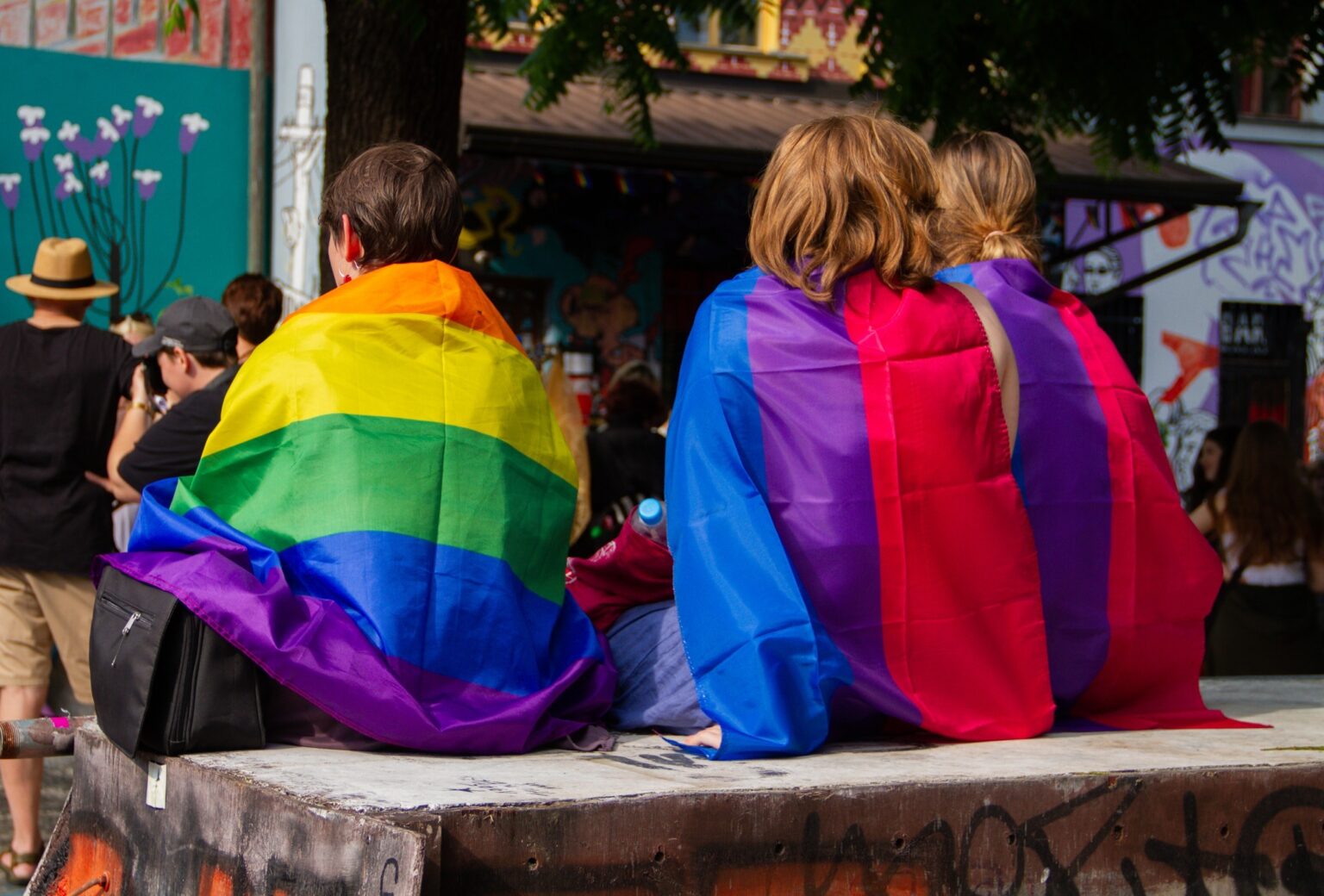A new voice for the bi+ movement?

A far-reaching new survey into bi+ groups in Europe and their work, shows glaring gaps and points the way forward for a movement that’s often sidelined in the broader LGBTI movement.
Bi+ activism in Europe has been evolving, but until recently, there was no structured way to understand the needs, challenges, and opportunities facing bi+ groups. New research offers the most comprehensive look yet at the bi+ movement across the continent.
The survey, conducted by Bi+ Equal, gathered input from 39 bi+ groups and 44 individual activists from nearly every EU country. It reveals a dynamic but underfunded and underrepresented movement. The findings show that despite bi+ people being the largest group under the LGBTI umbrella, they remain largely invisible, often sidelined in broader LGBTI spaces and political advocacy.
The research report highlights that bi+ groups and activists prioritise three main goals:
- Promoting bi+ visibility and inclusion in LGBTI communities (83%)
- Challenging bi+ erasure and negativity (79%)
- Creating positive, healthy, and safe communities for bi+ people (67%)
A significant takeaway is that bi+ people still struggle for recognition, even within the LGBTI movement. Many organisations fail to acknowledge the specific needs of bi+ people, contributing to a sense of isolation. The findings recommend that LGBTI organisations take active steps to educate themselves on bi+ experiences, address bi+ erasure, and ensure their work is inclusive of bi+ people.
Stark Disparity
The survey also confirms a stark financial disparity between bi+ groups and other LGBTI organisations. While 76% of bi+ groups operate on less than €5,000 annually, LGBTI organisations generally have much larger budgets, making it difficult for bi+ activists to sustain their work. Many groups rely entirely on volunteers, leading to burnout and stagnation. “About half of the active bi+ groups do not have any budget. And the difference with LGBTI organisations in Europe is huge,” Dr Jantine van Lisdonk said during a panel where Bi+ Equal research team discussed the outcomes of the survey.
This financial struggle means that while bi+ groups excel in community-building like organising meetups, support groups, and social events, few have the resources to engage in formal advocacy. “There is a growing need for political advocacy for bi+ issues, but the financial resources are limiting this” shared Aida Marukyan during the panel. Despite widespread recognition that bi+ people need targeted policies and representation, only a handful of bi+ groups engage directly with policymakers or push for systemic change.
Striking finding
One of the most striking findings is the strong support for a formal European bi+ entity. The survey found that bi+ activists envision such an organisation as a platform for networking, advocacy, and capacity-building. It could help address the lack of funding, provide political representation, and foster cross-border collaboration. The Bi+ Equal survey has provided insight into the state of bi+ activism in Europe. It confirms what bi+ activists have long argued: that their visibility and advocacy need to be strengthened, that funding disparities must be addressed, and that the movement requires an organised European voice. Bi+ Equal is committed to taking the next steps, working with activists to co-create a structure that meets their needs. The research is a first step in ensuring that bi+ voices are no longer ignored but instead positioned at the centre of LGBTI equality work in Europe.